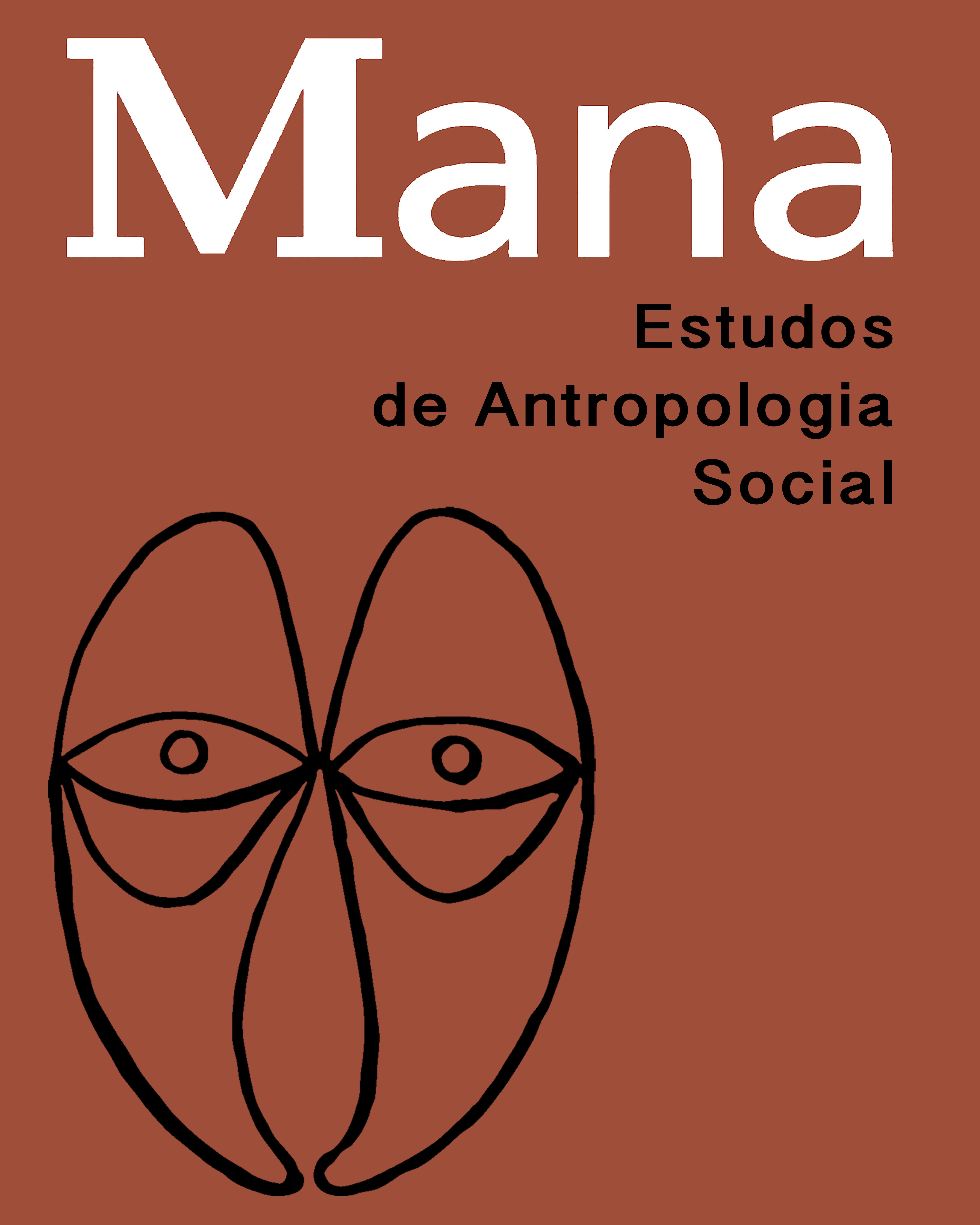This paper examines the establishment of offices of the Smithsonian Institute of Social Anthropology (ISA) in Mexico and Brazil. The Smithsonian's presence depended on diplomatic agreements that required acceptance from the host countries. The article analyzes written documents such as interviews and institutional records to explore the relationship between the discourses and practices involved in the anthropological contribution to the US war effort. This analysis presumes a basic understanding of concepts used at the time, such as 'applied anthropology,' 'area studies' and 'community studies,' as well as definitions specifically used by the Smithsonian's anthropologists, such as 'limited good' and 'culture shock.' The comparative method is relevant to understanding what happened in the two countries. In Mexico, political negotiations and other factors delayed its implantation. In Brazil the process involved inter-institutional disputes. A closer look at these interactions leads to an analysis of the hierarchic interrelationships involved in the creation of the Institute.
Pan-Americanism; War Effort; Discourses of Social Scientists; Comparative Method; Scientific Heritage; Culture Shock

 The Institute of Social Anthropology (USA, Brazil and Mexico): an anthropological contribuition to the "war effort"
The Institute of Social Anthropology (USA, Brazil and Mexico): an anthropological contribuition to the "war effort"